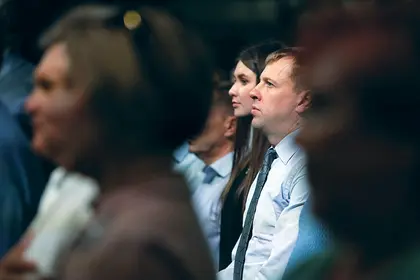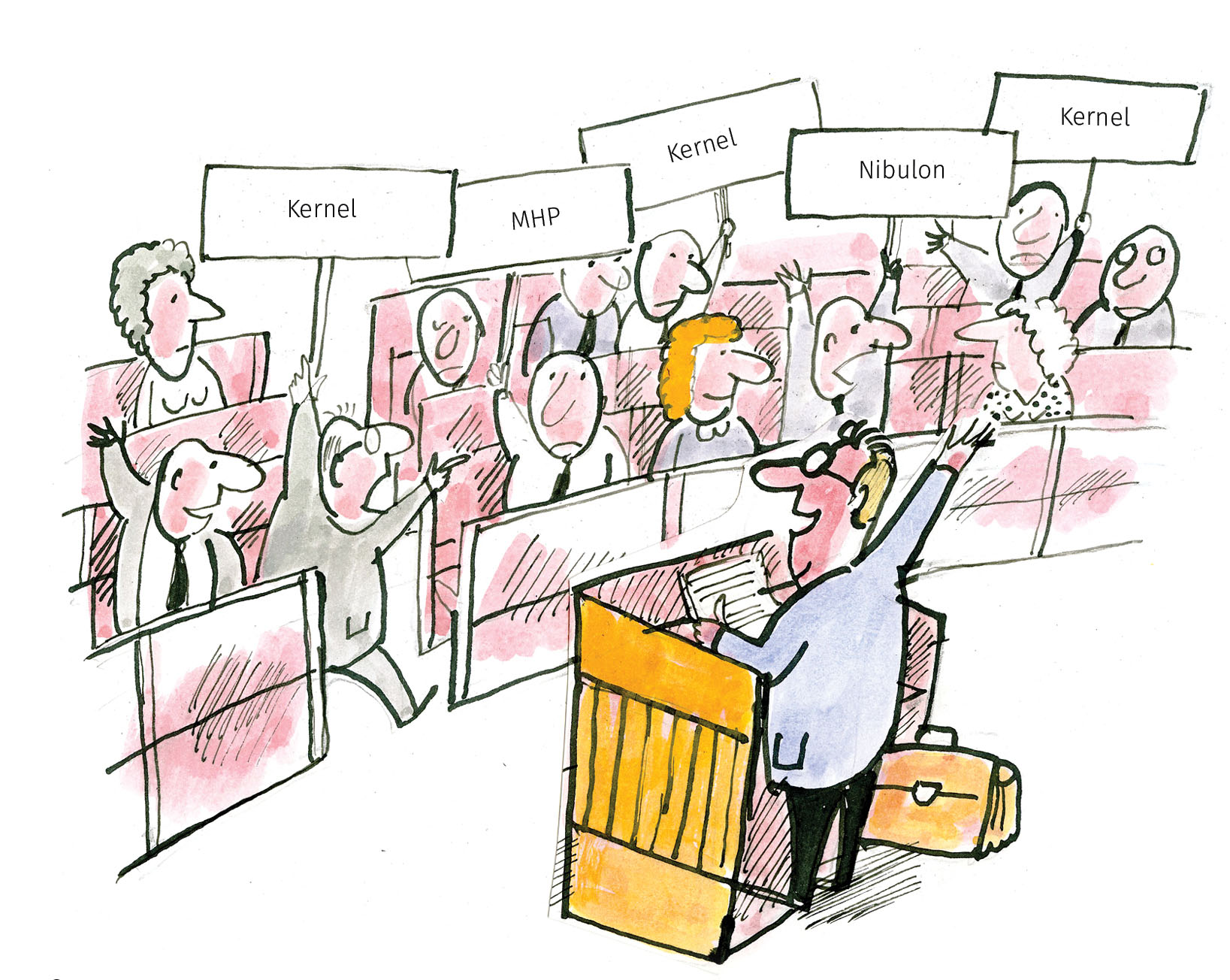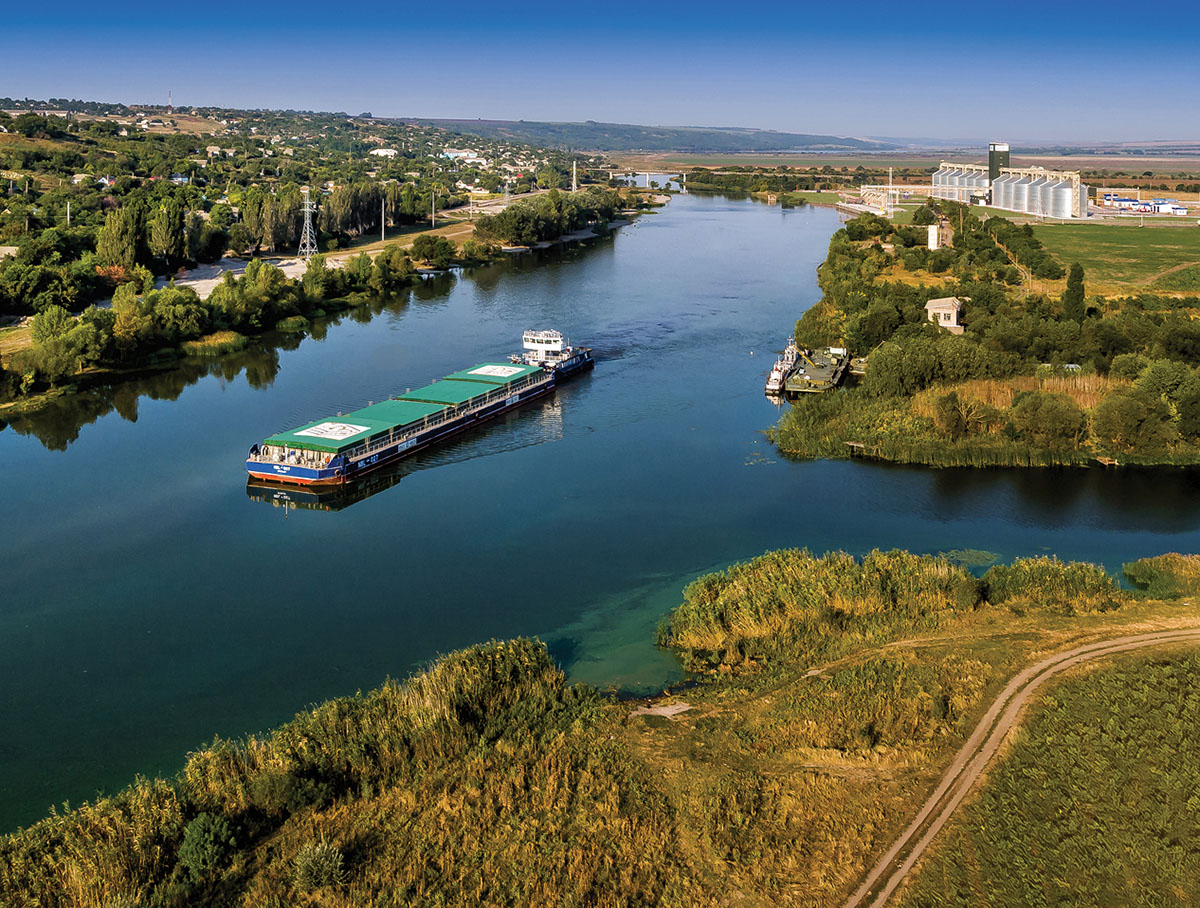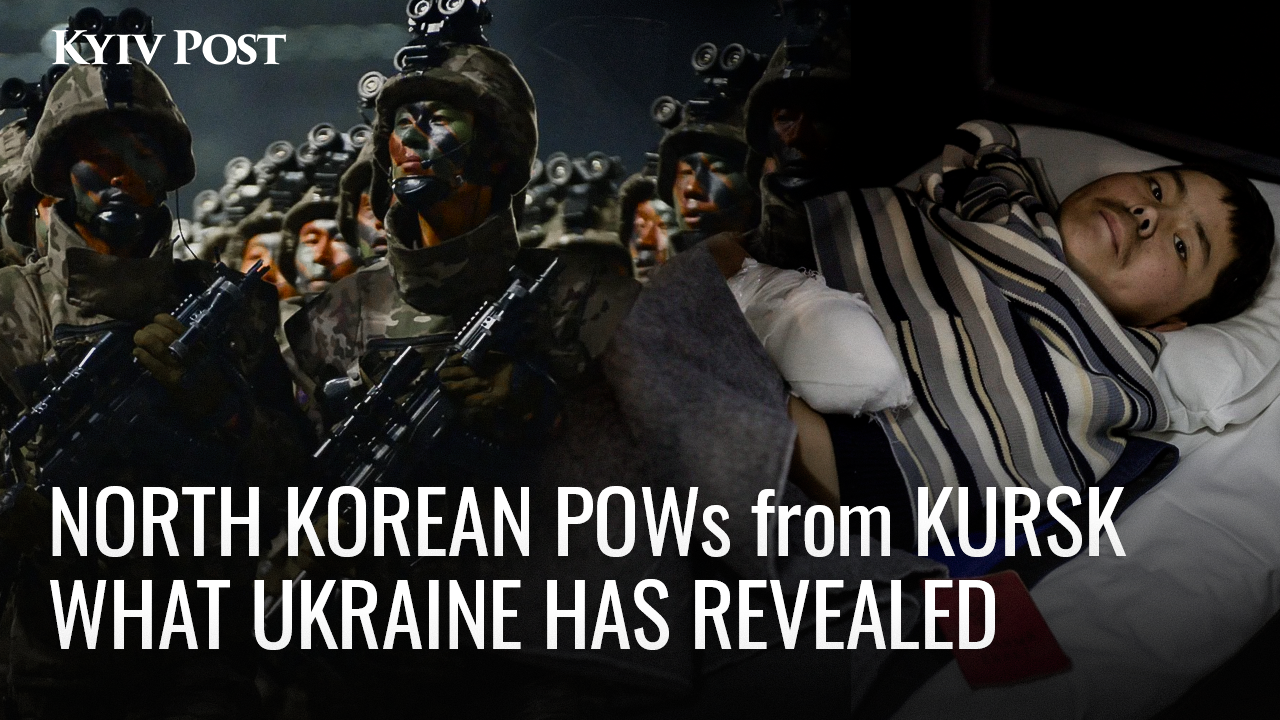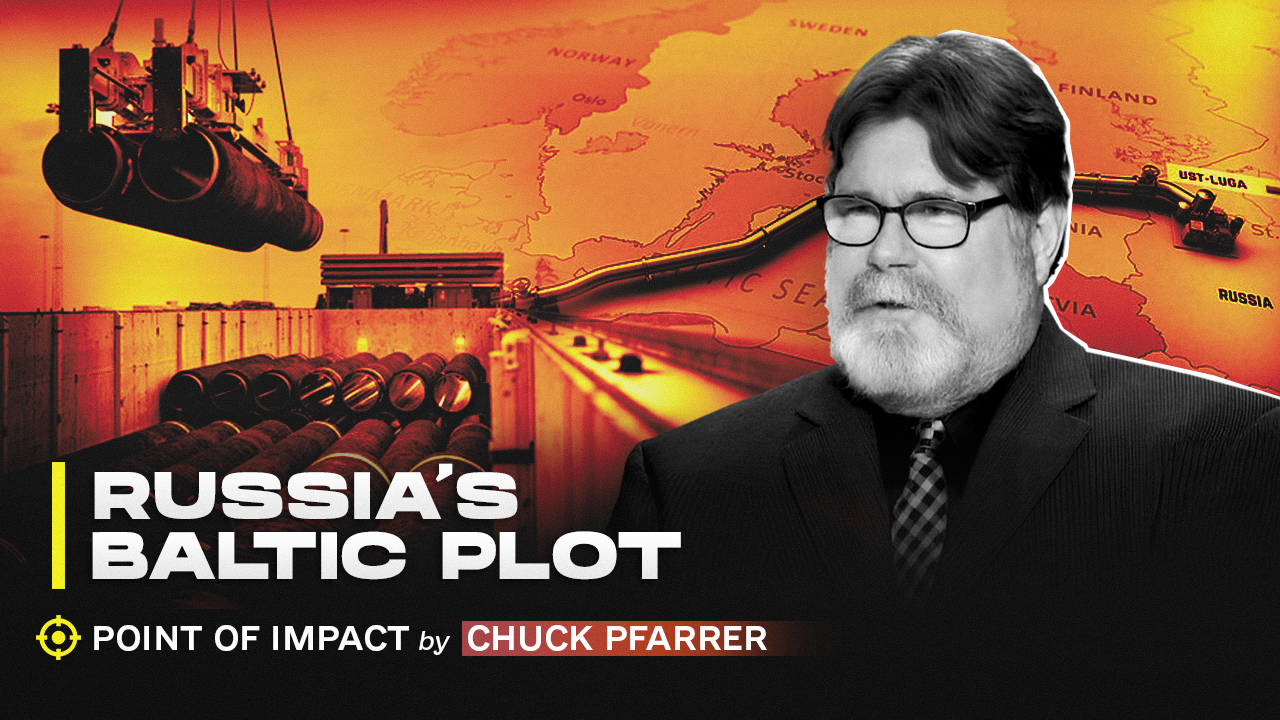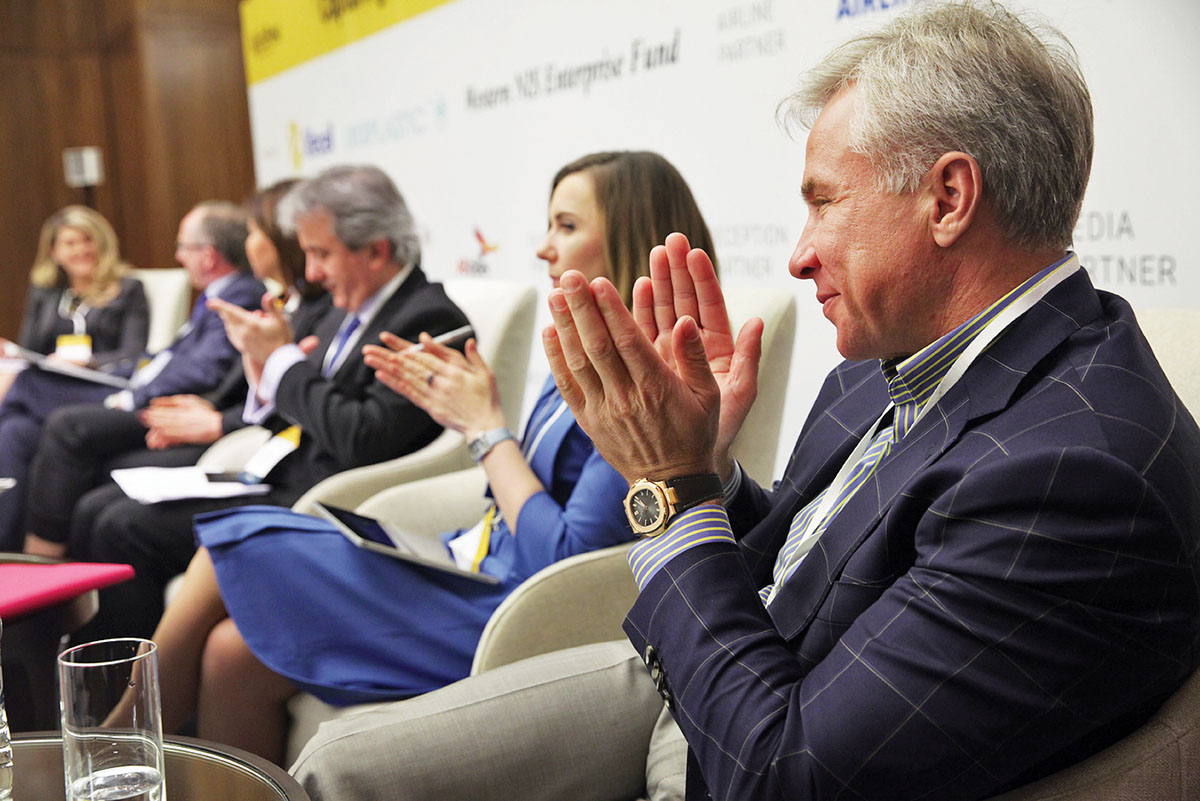Editor’s Note: Our latest Legal Quarterly magazine is out. Get a PDF version online or pick up a copy in Kyiv.
In 2017, two anti-corruption activists researched and wrote a report assessing conflicts of interest among Ukrainian lawmakers.
JOIN US ON TELEGRAM
Follow our coverage of the war on the @Kyivpost_official.
The two researchers — Yaroslav Yurchyshyn, then the head of Transparency International in Ukraine, and Ulyana Poltavets, program director of the Agency for Legislative Initiatives — came to a startling conclusion.
They found that 131 lawmakers, or 31 percent of parliament, had corporate rights of some sort. Out of them, 38 lawmakers had direct conflicts of interest — they sat on parliamentary committees associated with their businesses.
The parliament’s 29-member agrarian policy and land committee led the pack in conflicts; 20 of its members had direct conflict of interests, Yurchyshyn and Poltavets concluded.
The Kyiv Post looked at Ukraine’s largest agrarian holdings and their connections in parliament.
Kernel
Kernel is Ukraine’s leading agrarian company in amount of land cultivated and profit. It is also among the leaders in parliamentary representation, with at least six people with links to the company and the Verkhovna Rada.
Kernel doesn’t hide its representation in parliament. Their main asset is Vitaly Khomutynnik, a politician with a net worth of $390 million in 2018, according to Novoe Vremya magazine. He owns 6.6 percent of Kernel through his Cascade Investment Fund.
Khomutynnik is the leader of the 24-member Vidrodzhennia faction in parliament, formerly serving as the head of the parliament’s taxation and customs committee. He is running for re-election on the ballot of Opposition Bloc.
Khomutynnik wants tax cuts for large companies. In 2016, Khomutynnik authored a law by which large companies who export more than 40 percent of their products abroad receive an automatic reimbursement of the value-added tax (VAT). The law benefits large agrarian companies, but leaves out smaller ones.
Officially, Kernel received over Hr 3.5 billion ($135 million) in VAT reimbursement in 2017 alone, but a number of lawmakers saying that the actual figure was at least two times higher. That same year, Yurchyshyn requested that the National Agency for the Prevention of Corruption (NAPC) investigate a possible conflict of interest. The NAPC opened a probe, but didn’t find any wrongdoing.
Khomutynnik said in multiple interviews that he doesn’t lobby Kernel’s interests and doesn’t intervene in the work of the Cascade Investment Fund.
Khomutynnik is not the only lawmaker tied to Kernel.
Oleksiy Mushak, a lawmaker from the 135-member Petro Poroshenko Bloc, is the first cousin of Andriy Verevsky, founder and co-owner of Kernel.
Verevsky was a lawmaker between 2002 and 2013. In 2013, a court stripped him of his seat in parliament due to a conflict of interest: he served on the land committee in the parliament and headed Kernel at the same time.
In 2014, a year after Verevsky was ousted, his cousin Mushak became a lawmaker. His assistant in parliament is Maryan Zablotsky, who heads an organization called the Ukrainian Agrarian Association, registered at the same address as Kernel’s legal entities.
Zablotsky heads the civic council overseeing the parliament’s tax and customs committee, which was formerly headed by Khomutynnik.
In a written comment to the Kyiv Post, Mushak denied any connections to both Kernel and Nibulon, a large agrarian and shipping company.
Mushak said that his family ties to Verevsky do not interfere in his political life. He added that he is a vocal supporter of lifting the land sale moratorium, which is supported by the European Union and most international organizations.
Oleh Kulinych, a lawmaker from Vidrodzhennia and a member of the parliament’s agrarian committee, used to be Verevsky’s assistant. A number of Kulinych’s assistants in parliament work for the Ukrainian Agrarian Association.
Nibulon
It’s not hard to find Nibulon’s representative in parliament. In 2014, Andriy Vadatursky, the co-owner of Nibulon and the son of the company’s main shareholder, Oleksiy Vadatursky, became a lawmaker through a single-member district in Mykolaiv Oblast, Nibulon’s stronghold.
Vadatursky is a member of the Petro Poroshenko Bloc, which received official financial contributions from Nibulon. Vadatursky would not confirm whether the company financed his party, but he does not influence the decision-making process in Nibulon. Lawmaker Vadatursky owns 20 percent of Nibulon.
Vadatursky is best known for his stance against a new river transportation law. Currently, Ukrainian river infrastructure includes 18 ports (including terminals) on the Dnipro River, six of which are reloading terminals owned by Nibulon.
Initially, three laws on river transportation were presented to parliament, one of which Vadatursky authored. Vadatursky’s draft law was dropped, while others were drowned in amendments and never passed the floor.
“Vadatursky represents Nibulon’s interests,” says Aleksandra Klitina, head of the Infrastructure Ministry’s reform support group. “If you read Vadatursky’s proposals, they are absurd, meant to stall the legislation.”
Vadatursky denies all accusations, saying that he has no operational role in Nibulon. He cites guarantee letters he gave to the European Bank for Reconstruction and Development and its affiliates, which provided Nibulon with loans.
Vadatursky also tried to pass a bill reestablishing VAT returns for soy and rapeseed producers, which had the backing of farmers. Nibulon doesn’t have a strong presence in that area.
Myronivsky Hliboproduct
Myronivsky Hliboproduct, or MHP, is Ukraine’s largest poultry producer, controlling over 60 percent of poultry production in Ukraine. Though MHP doesn’t have clear representation in parliament, it did, until recently, in the presidential administration.
MHP owner Yuriy Kosyuk — who has a net worth of $908 million, according to Novoe Vremya — maintained good relations with former President Petro Poroshenko. In 2014, the ex-president appointed Kosyuk deputy head of the presidential administration. He held the job for six months. From 2014 to 2018 Kosyuk was Poroshenko’s advisor-at-large.
Under Poroshenko’s presidency, MHP was the largest recipient of government subsidies, with over Hr 812 million ($30 million) in subsidies for building chicken farms in 2018.
In 2017, MHP received Hr 1.4 billion ($50 million) from the state budget, or 35 percent of all the government’s subsidies for the agrarian sector.
The company also controls more than half of Ukraine’s quotas to export poultry and dairy to the European Union.
In April, European Bank of Reconstruction and Development stopped financing MHP due to the company using a loophole in EU regulations to export more poultry to the EU.
Subsidy allocations must pass parliament’s agrarian committee, where 16 out of 29 members represent the Petro Poroshenko Bloc.
The committee’s deputy head is Oleksandr Bakumenko, who has business ties with Kosyuk. For over 10 years, he worked with the MHP owner.
Meanwhile, committee member Mykola Kucher worked for MHP prior to becoming a lawmaker.
Conflicted committee
In 2017, civic watchdog CHESNO analyzed the online asset declarations of agrarian committee members and confirmed Yurchyshyn and Poltavets’ report.
The watchdog concluded that most committee members have a conflict of interest. In fact, only three committee members and their family members lack a direct connection to agribusiness.
Serhiy Martyniak, from the 18-member People’s Will faction, registered 15 companies tied to the agrarian sector, with his largest asset being Pan Kurchak, Ukraine’s second largest poultry brand. It also receives government subsidies.
Serhiy Labazyuk has nine agrarian companies, while Vasyl Petyovk has six. Both represent the same party as Martyniak.
Vadym Nesterenko, from the Petro Poroshenko Bloc, has 19 agrarian companies registered on his name.
Nesterenko is not the only Poroshenko Bloc committee member with multiple agrarian companies tied to his name. Leonid Kozachenko co-owns four companies, while Kucher has a stake in two companies.
Hennady Bobov, from Vidrodzhennia, the party headed by Khomutynnik, owns 15 agricultural companies with his wife.
Six committee members have relatives with business interests in the agrarian sector. Among them is Valery Davydenko from the Petro Poroshenko Bloc, whose mother owns 12 agrarian companies.
Ivan Miroshnichenko, from the 25-member Samopomich faction, and his wife own four agrarian companies. He was formerly the deputy head of Cargill Ukraine. Cargill is one of the largest privately held agrarian corporations in the world and is based in the American state of Minnesota.
Miroshnichenko has supported Vadatursky’s bills on river transportation and VAT reimbursement for soy and rapeseed producers, neither of which passed through parliament.
The July 21 parliamentary elections might decrease the number of lawmakers with a stake in or connections to large agrarian companies. Currently, 20 members of the parliament’s agrarian committee represent single-member constituencies where agrarian companies are major employers. Most of the lawmakers mentioned in this report are registered as candidates in the snap vote.
Khomutynnik appears on the list of the Opposition Bloc, while Miroshnichenko is fourth on the Strength and Honor party list. Both parties are polling below the 5 percent threshold.
You can also highlight the text and press Ctrl + Enter


